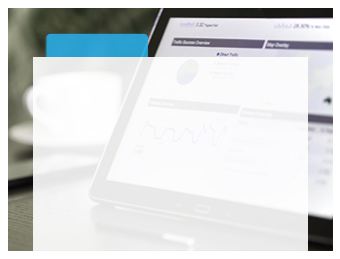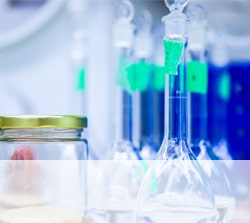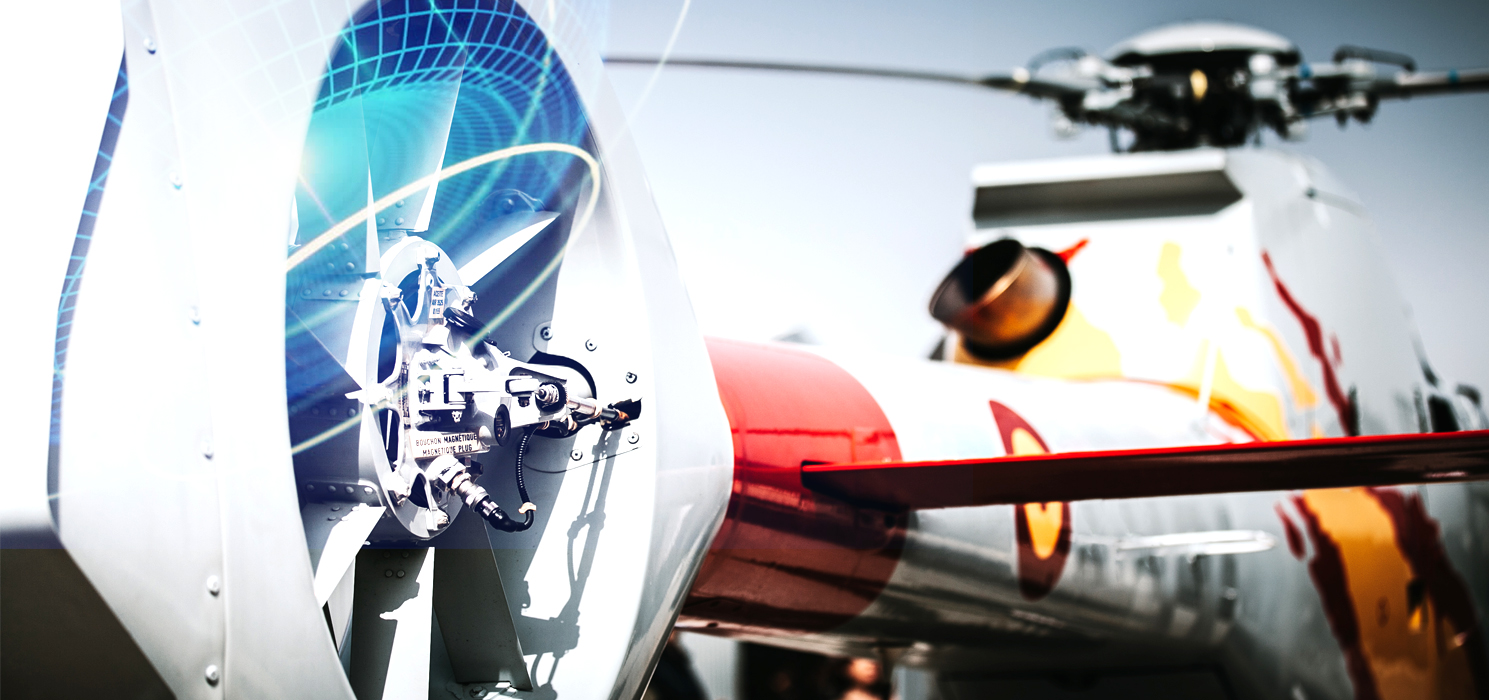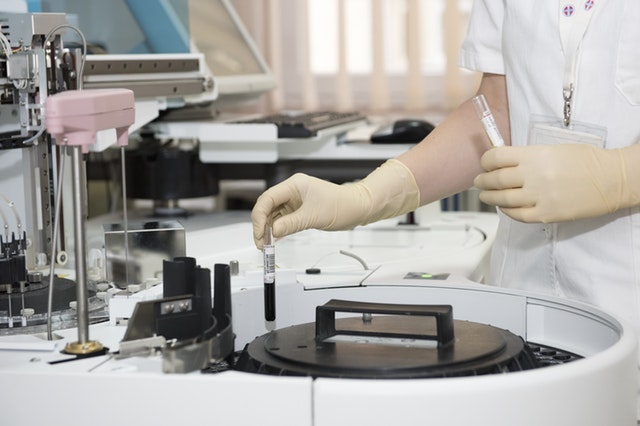DATA ANALYSIS AND FORECAST
In-depth market research reports and expert analysis of all industry verticals
One stop shop of market research reports and solutions to various companies across the globe. We help our clients in their decision support system by helping them choose most relevant and cost effective research reports and solutions from various publishers.

DATA ANALYSIS AND FORECAST
In-depth market research reports and expert analysis of all industry verticals
One stop shop of market research reports and solutions to various companies across the globe. We help our clients in their decision support system by helping them choose most relevant and cost effective research reports and solutions from various publishers.

DATA ANALYSIS AND FORECAST
In-depth market research reports and expert analysis of all industry verticals
One stop shop of market research reports and solutions to various companies across the globe. We help our clients in their decision support system by helping them choose most relevant and cost effective research reports and solutions from various publishers.

NEW RESEARCH REPORTS
Wine-Making Enzymes Market Forecast To 2030 -COVID-19 Impact And Global Analysis By Type (..

Phishing Protection Market Size and Forecast (2020 - 2030), Global and Regional Share, Tre..

Playout Automation & Channel-in-a-Box Market Size and Forecast (2021 - 2031), Global and R..

Artificial Intelligence (AI) in Agriculture Market Size and Forecast (2020 - 2030), Global..

Trenchless Pipe Relining Market Size and Forecast (2020 - 2030), Global and Regional Share..

Distributed Control System Market Size and Forecast (2020 - 2030), Global and Regional Sha..

Featured Reports
Based on an annual survey of research buyers conducted by Prevision and Inside Research, Directions continues to outperform the competition on all attributes, including on-time delivery, value, and relative cost.
Trending Press
Revenue Assurance Market to exceed US$ 12.3 billion to 2030 More
Virtual Reality Puzzle Games Market to exceed US$ 525.66 million to 2030 More
Trenchless Pipe Relining Market to exceed US$ 4,242.56 million to 2030 More
Sewer Cable Market to exceed US$ 115.99 million to 2030 More
Sewer Machine Market to exceed US$ 100.95 million to 2030 More
Drain Cleaning Equipment Market to exceed US$ 3,438.65 million to 2030 More
Artificial Intelligence (AI) in Agriculture Market to exceed US$ 7.97 billion to 2030 More
Our Clients





















